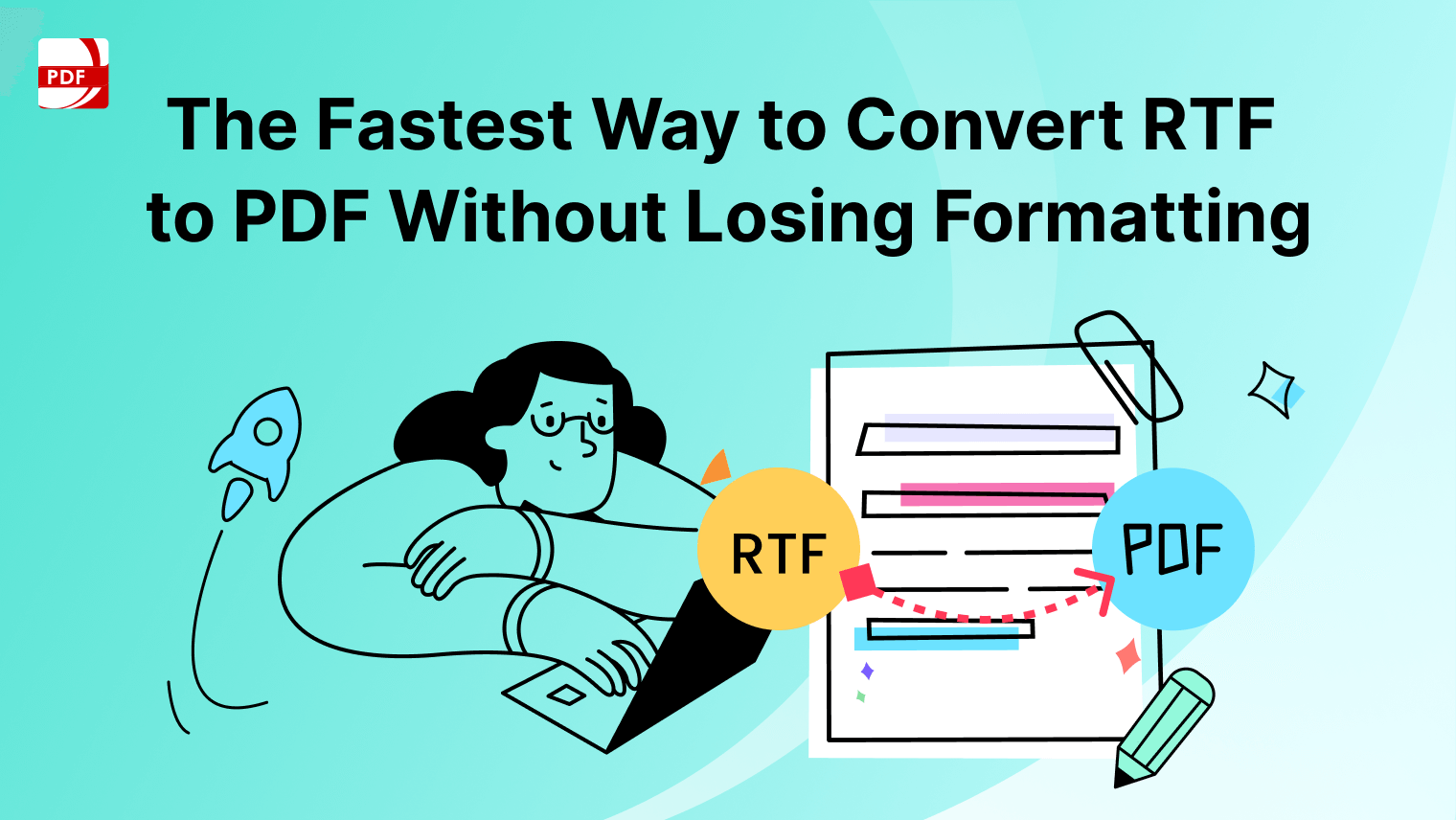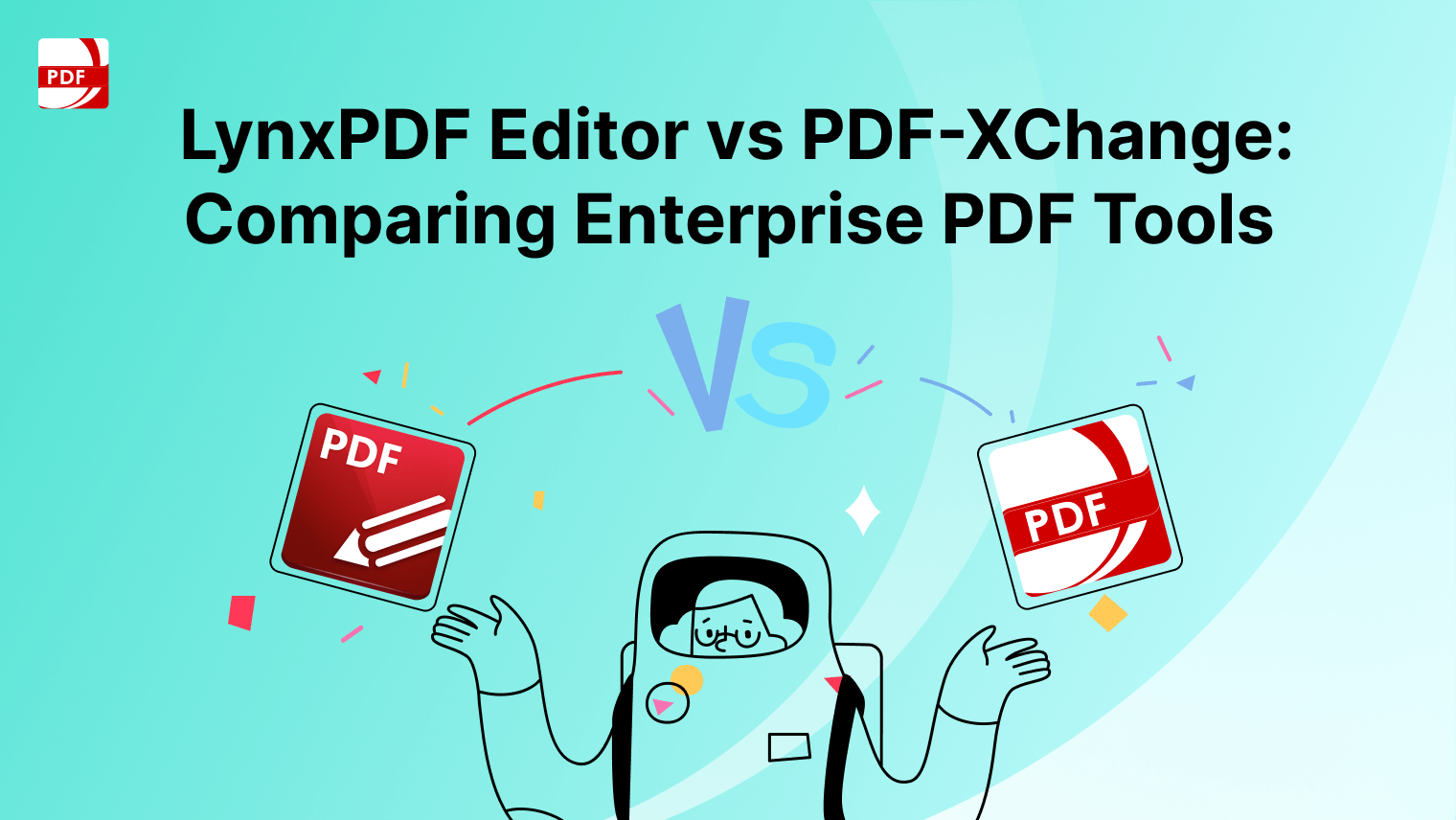Formulating a hypothesis is a crucial step in the scientific process, serving as the foundation for research, experiments, and data analysis.
A well-crafted hypothesis not only guides your study but also helps in clearly articulating the expected outcomes.
Here, PDF Reader Pro presents a comprehensive guide on how to write a hypothesis, simplifying this key component of scientific research.
What is a Hypothesis?
A hypothesis is a fundamental element in the scientific method, serving as a starting point for research and experimentation.
A tentative explanation or prediction can be tested through study and observation.
Understanding what constitutes a strong hypothesis is key to conducting effective scientific research.
Core Elements of a Hypothesis
At its core, a hypothesis is a testable prediction. It posits a possible outcome or explains a phenomenon, which can then be examined through experiments or observations.
Dependent and Independent Variables: A hypothesis often involves two key types of variables:
- Independent Variables: These are the variables that the researcher manipulates or changes.
- Dependent Variables: These variables are observed and measured to see if they are affected by the independent variables.
Indulge in the captivating world of romance with The Love Hypothesis PDF, a must-read for any hopeless romantic.
Types of Hypotheses
There are various types of hypotheses, each serving a different purpose in research:
- Simple Hypothesis: This formulates a relationship between two variables – one independent and one dependent.
- Complex Hypothesis: Involves multiple independent and/or dependent variables.
- Empirical Hypothesis: Also known as a working hypothesis, it is practically testable through observations or experimentation.
- Logical Hypothesis: Based on logical reasoning and existing knowledge.
- Statistical Hypothesis: Used in studies that require statistical techniques to validate or refute.
- Alternative Hypothesis: Proposes a specific relationship between variables, often used in contrast to the null hypothesis.
- Non-Directional Hypothesis: Suggests that there is a relationship between variables but does not define the nature of the relationship.
Associative vs. Causal Hypotheses:
- Associative Hypothesis: Indicates that variables change together without implying a cause-and-effect relationship.
- Causal Hypothesis: Suggests that one variable directly affects another.
Crafting a Strong Hypothesis
To develop a strong hypothesis, you need to:
- Identify Relevant Variables: Clearly define the independent and dependent variables you will investigate.
- Ensure It’s Testable: The hypothesis must be testable through empirical methods and should not be based on subjective interpretation.
- Establish a Clear Relationship Between Variables: Specify how you expect the independent variable to affect the dependent variable.
- Keep It Focused and Concise: A good hypothesis is specific and to the point, avoiding ambiguity.
How to Write a Hypothesis
Writing a hypothesis is a critical skill in scientific research.
A hypothesis is essentially an initial answer to a research question, offering a testable prediction based on limited evidence and previous studies.
For students and researchers embarking on laboratory work, the Lab Report PDF Template from PDF Reader Pro is an invaluable tool.
This template simplifies the process of organizing and presenting your experimental data and findings.
Learn how to write a research paper effectively with our comprehensive guide.
Here’s a step guide to formulating a strong research hypothesis.
Step 1: Conduct Preliminary Research
- Gather Information: Before formulating your hypothesis, review existing literature and findings in academic journals and scientific publications. This preliminary research helps you understand the current state of knowledge in your area of interest.
- Identify Gaps: Look for questions that haven't been answered or areas where there is limited evidence.
Step 2: Define Your Research Question
- Formulate a Clear Question: The research question should be specific, focused, and researchable. It forms the foundation of your hypothesis.
Step 3: Determine the Types of Variables
- Identify Key Variables: Understand the different types of variables relevant to your study. These include independent variables (what you will manipulate) and dependent variables (what you will measure).
- Define Variables Clearly: Clearly defining your variables helps in making precise predictions.
Step 4: Develop Your Initial Hypothesis
- Form an Initial Hypothesis: Based on your research question and understanding of the variables, develop an initial hypothesis. This should be a statement that predicts the relationship between variables.
Bees generally can’t fly at night, they use the sun as a compass. Even if the sun is behind clouds, bees can infer it’s position using patterns of polarised light
So they may sleep in flowers, many blossoms close up at night, creating a warm space
pic.twitter.com/mKgwNRhxC2
— Science girl (@gunsnrosesgirl3) November 17, 2023
Step 5: Make It Testable
- Ensure Testability: The hypothesis should be testable through scientific methods. This means you should be able to support or refute it through empirical evidence, gathered via scientific experiment or observational study.
- Consider Study Design: Think about how you will test your hypothesis. The study design should logically follow from your hypothesis.
Step 6: Formulate Alternative Hypotheses
- Consider Other Possibilities: In addition to your original hypothesis, consider alternative hypotheses. These are other potential explanations or outcomes that you might discover through your research.
- Prepare for Hypothesis Testing: Having alternative hypotheses is important for hypothesis testing, especially in statistical analysis, where you may need to refute the null hypothesis.
Step 7: Refine Your Hypothesis
- Make It Specific and Focused: A solid hypothesis is not vague; it makes a clear and precise prediction about the relationship between variables.
- Avoid Bad Hypotheses: Steer clear of hypotheses that are not testable, too broad, or based on subjective opinion rather than evidence.
Step 8: Write Your Hypothesis Statement
- Craft a Clear Statement: Your hypothesis statement should clearly articulate your prediction. It typically follows a format like: "If [this action], then [this outcome] will happen."
Step 9: Review and Revise
- Seek Feedback: Share your hypothesis with peers or mentors. They might provide valuable insights or identify aspects you haven't considered.
- Revise as Needed: Based on feedback and further reflection, revise your hypothesis to make it as strong and clear as possible.
In summary, writing a hypothesis involves a blend of existing knowledge, thoughtful prediction, and an understanding of the scientific method.
By following these steps, you can develop a scientific hypothesis that is not only testable but also lays a solid foundation for meaningful and impactful research.
Explore our step-by-step guide on How to Write a Project Report, providing essential tips and techniques for creating a thorough and impactful document.
How to Write a Hypothesis: Best Practices
Writing a hypothesis is a critical aspect of scientific research.
It's not just about making a guess; it's about formulating an effective hypothesis that can guide your study and be tested through direct testing methods.
Here are some best practices to keep in mind:
1. Ground Your Hypothesis in Research
- Utilize Previous Studies: Your hypothesis should be based on existing knowledge. For instance, if you're studying heart disease, review current research on its causes and effects.
- Incorporate Statistical Models: Understand and use relevant statistical models to ensure your hypothesis can be tested for statistical significance.
2. Be Clear and Specific
- Precise Statements: An effective hypothesis should clearly state the expected relationship between variables. Avoid vague or general statements.
- Define Variables: Clearly define independent and dependent variables for clarity and precision.
3. Ensure Testability
- Direct Testing: Your hypothesis should be testable through experiments or observations. For example, in a study on mental health, your hypothesis should be able to be tested through surveys, experiments, or observational studies.
- Statistical Significance: Design your hypothesis so that it can be tested for statistical significance, ensuring that the results will be scientifically valid.
4. Consider Alternate and Casual Hypotheses
- Alternate Hypothesis: Always consider alternate hypotheses, which are alternative explanations for the phenomenon you are studying.
- Casual Hypothesis: If your study involves cause and effect, formulate a causal hypothesis that clearly states how one variable affects another.
Human brain structure pic.twitter.com/M1r5lKO3Tf
— Science (@ScienceGuys_) November 17, 2023
5. Follow a Logical and Ethical Thinking Process
- Logical Reasoning: Ensure that your hypothesis follows a logical thinking process. It should be a reasoned conclusion based on what is already known.
- Ethical Standards: Your hypothesis and the methods for testing it should adhere to ethical standards, especially when involving human or animal subjects.
6. Meet Essential Criteria
- Feasibility: Ensure that the hypothesis can be tested within the scope of your resources and time.
- Relevance: The hypothesis should be relevant to the field of study and contribute meaningful knowledge or insights.
7. Keep an Open Mind
- Be Prepared to Revise: Based on the outcomes of your experiments or studies, be prepared to revise your hypothesis.
- Accept Refutation: A hypothesis that is disproven is not a failure but a valuable outcome in the scientific process.
Learn how to draft a solid Partnership Agreement with our concise guide.
How to Write a Hypothesis: FAQ
What is a hypothesis in scientific research?
A hypothesis in scientific research is a proposed explanation or prediction for a phenomenon or a set of observations. It is typically testable and forms the basis for further investigation through experimentation or additional observations.
How should a hypothesis be formulated?
A hypothesis should be formulated based on preliminary research and existing knowledge. It must be clear, specific, and testable, stating a relationship between variables. It should be possible to prove or disprove it through empirical methods.
Can a hypothesis be a question?
No, a hypothesis should not be a question. Instead, it should be a statement that predicts a relationship or outcome. A research question is what you start with, and your hypothesis is what you assume the answer to that question might be.
What is the difference between a hypothesis and a theory?
A hypothesis is an initial assumption or prediction that needs to be tested, whereas a theory is a principle set to explain phenomena already supported by data. A theory is often broader and is backed by a substantial body of evidence.
How do I know if my hypothesis is strong?
A strong hypothesis clearly defines the relationship between variables, is concise, and is thoroughly testable. It is grounded in research and logical reasoning, and it can be refuted or supported by experimental or observational data.
Can a hypothesis change during the research?
Yes, a hypothesis can change during research. If data or initial experiments indicate that the original hypothesis might not be accurate, it is a standard part of the scientific process to refine or revise the hypothesis.
Should a hypothesis include both an independent and dependent variable?
Yes, a hypothesis typically includes both an independent variable (what the researcher changes or controls) and a dependent variable (what the researcher observes or measures).
Is it okay to have multiple hypotheses in one study?
Yes, it's acceptable to have multiple hypotheses in a study, especially if there are several aspects you want to investigate. Each hypothesis should be clearly defined and independently testable.


